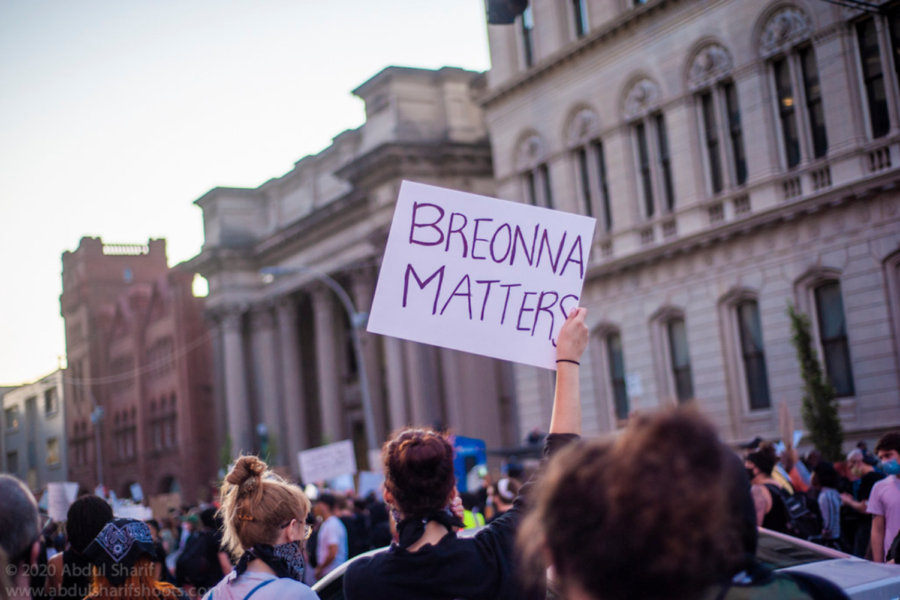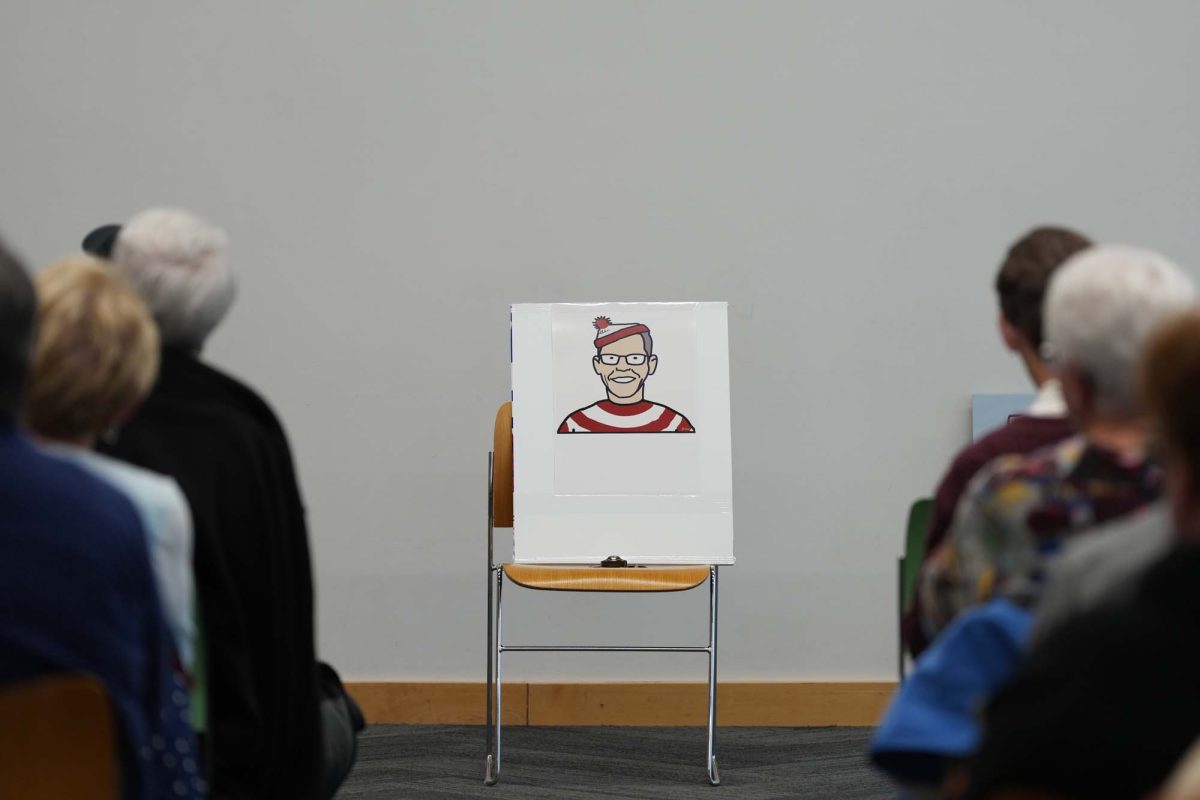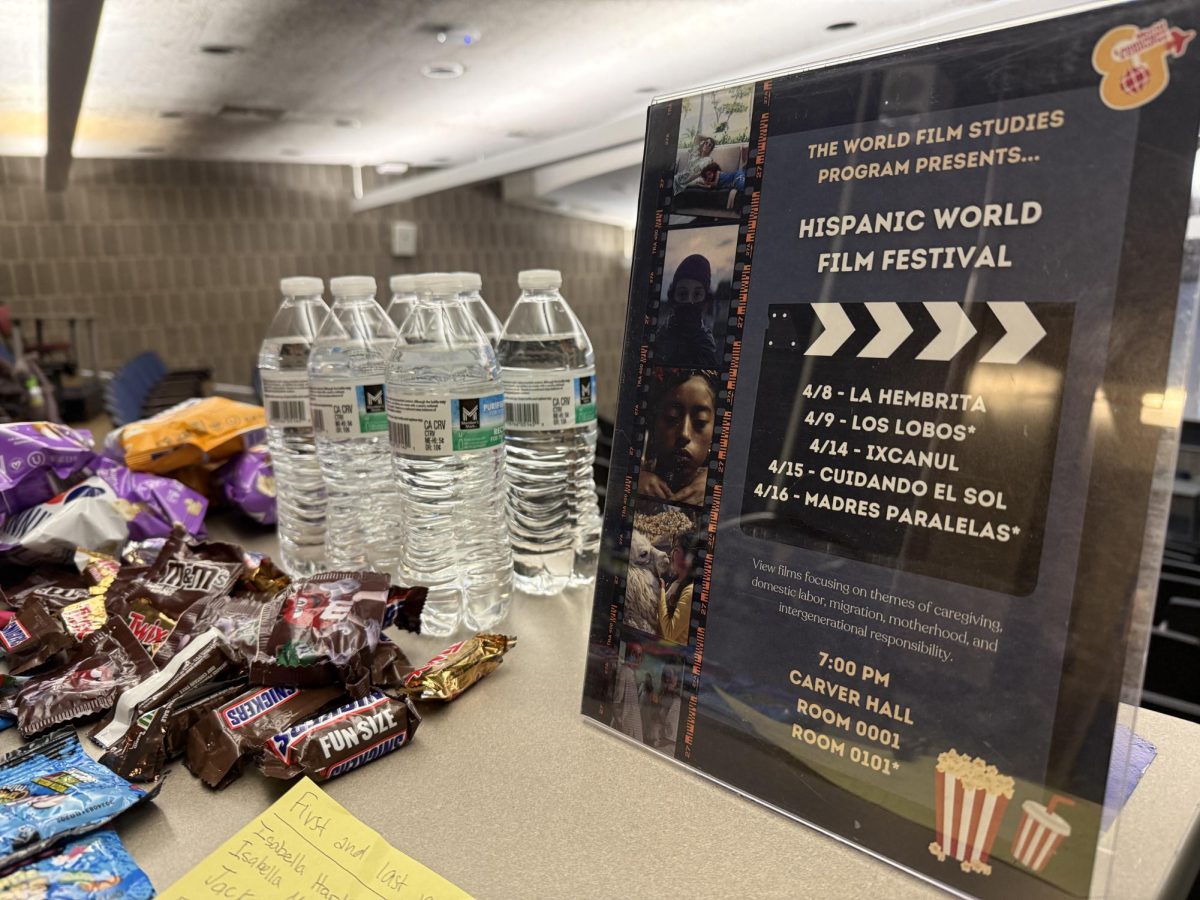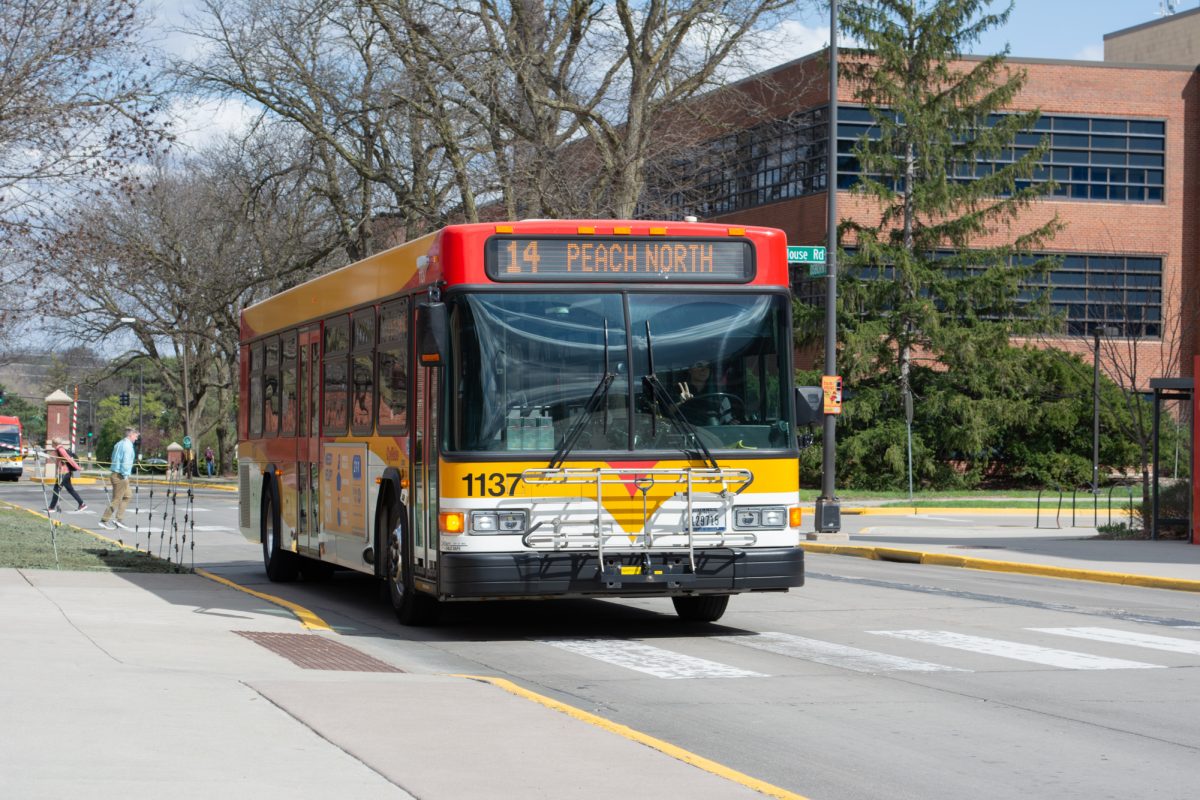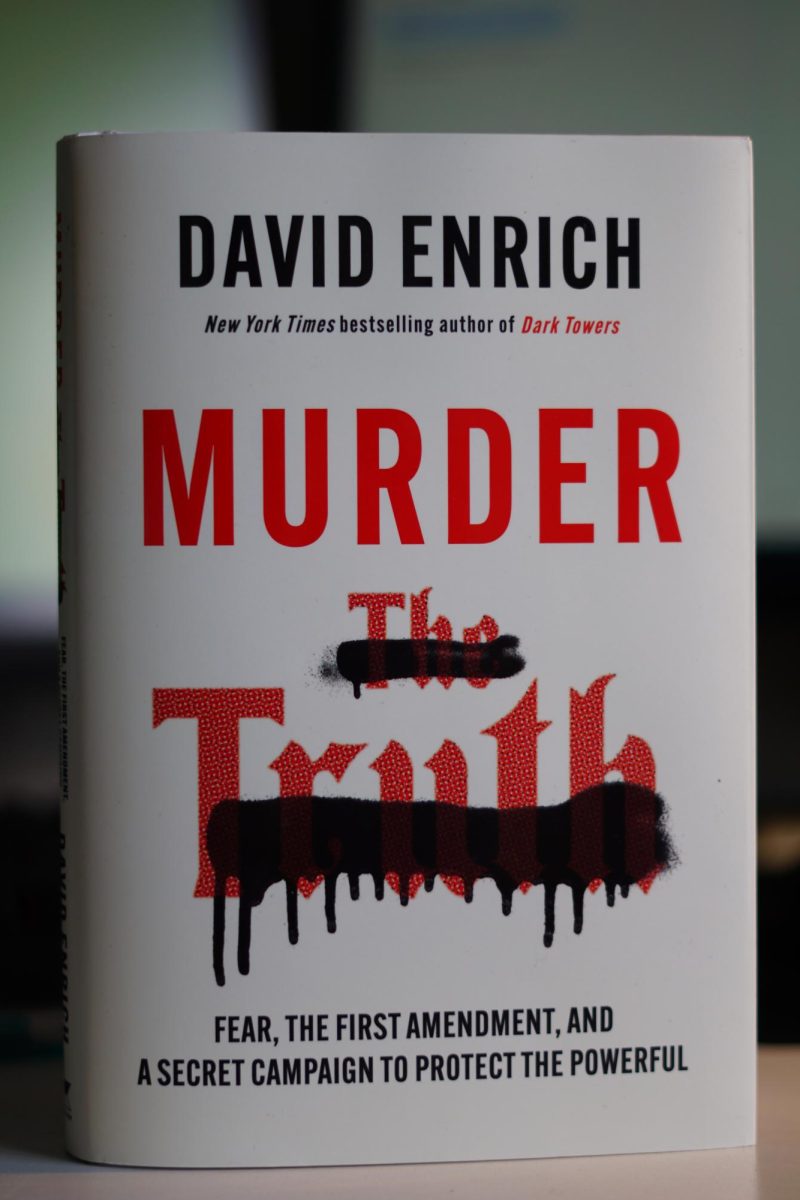Tyrrell: White people, you have homework
September 29, 2020
Last week, the police officers who murdered Breonna Taylor were charged not for killing her but for the bullets that missed.
Beyond this ruling being incredibly upsetting and frustrating, it has also been thrown into question by a grand juror who claims the case has been misrepresented to the public. But we’ve all already seen how our institutions fail to uphold the codes of justice they ostensibly support, and it seems unlikely the tables will turn in the case of Breonna Taylor.
Instead, we must all take it upon ourselves to make justice with the tools we have in whatever way we can.
White people, I’m talking to you when I say this: we have homework to do. We must face how we have individually benefited from, and contributed to, the systems of white supremacy that shape our country.
Anyone who has read “Me and White Supremacy” by the brilliant Layla Saad will recognize the concept I’m getting at here. Growing up, many of us are taught that racism is enacted solely on an individual basis rather than within institutions and systems. As Peggy McIntosh, author of “White Privilege: Unpacking the Invisible Knapsack” has said, “I was taught to see racism only in individual acts of meanness, not in invisible systems conferring dominance on my group.”
Yet those invisible systems are there, and so is all the evidence to their existence. Redlining, police brutality, the school-to-prison pipeline, gerrymandering and gentrification — these are tools of white supremacy we coexist with. (If you are unsure what any of these terms mean or doubt the validity of their use as tools of racism, do some research. The internet is way too big and way too available for any of us to claim ignorance anymore.) And the fact of the matter is, whether you realized it or not, whether intentionally or not, if you are white or white-passing, you have benefited from these systems even as they harm our Black brothers and sisters.
I know that last part may have upset some of you. Perhaps you read it as an indictment of your whiteness, of me trying to shame you for being white. Listen: when you live in the rural Midwest and go to school in Iowa, it’s easy to not have to think about things like racial justice. It’s easy to turn the other way because you feel like it doesn’t affect you.
I am not trying to guilt anyone for their race or for what they have or haven’t done in the past. I just want us to collectively recognize as white people that the time is NOW for us to face the reality of white supremacy directly and ask ourselves what we can do about it.
So, as Saad so acutely outlines in her book, we have homework. I want you all to think of it the same way we think about the concept of carbon offsets. As Americans living in an extremely wealthy country that runs on oil and gas, we tend to have large carbon footprints. The idea of a carbon offset is to invest in projects or methods of reducing emissions elsewhere in order to balance out what you can’t outright eliminate from your carbon footprint.
This fight against white supremacy can be thought of in the same way — while you may eliminate racism from your life in terms of direct, individual acts of meanness, as a white person, you can’t help but benefit from a system that prioritizes you (the same way it’s virtually impossible to eliminate your carbon footprint in this modern age). This is not your fault — you did not design the system — but instead of ignoring it, let’s take action to offset that privilege the same way you might try and offset your carbon footprint.
First and foremost, you can educate yourself. “Me and White Supremacy,” as I mentioned, is an excellent tool to interrogate yourself, question your own beliefs and actions and make change within yourself. There are many other books out there that accomplish a similar task. But you don’t even have to go out and purchase a book — after the death of George Floyd, a veritable plethora of resources have become available on the internet, on social media and even on Netflix.
There are sprawling Google Docs available with action items you can take every single day to offset the benefits you receive from white supremacy. Whether you have 5 minutes or an hour, I guarantee you can find an action step that fits within your schedule each day. One of the most beneficial things I have done is follow social media accounts that regularly post resources and info about racial justice issues to keep myself updated and accountable. You can do the same.
What happened to Breonna Taylor, George Floyd, Ahmaud Arbery and so many other innocent men and women is appalling. It has now been almost exactly five months since Blackout Tuesday, and we can’t let up or slow down in our fight for justice.
It’s easy to post a black square on your Instagram, claiming you support the movement; it’s not so easy to confront the ways in which you benefit from white supremacy in your own life. Please, I urge everyone reading this — do the hard work. Confront your friends, confront your community, confront yourself and enact change within your own life as much as possible. Do your homework.
If our justice system will not honor victims like Breonna Taylor and condemn the white supremacy that led to her death, then we must do it ourselves.


